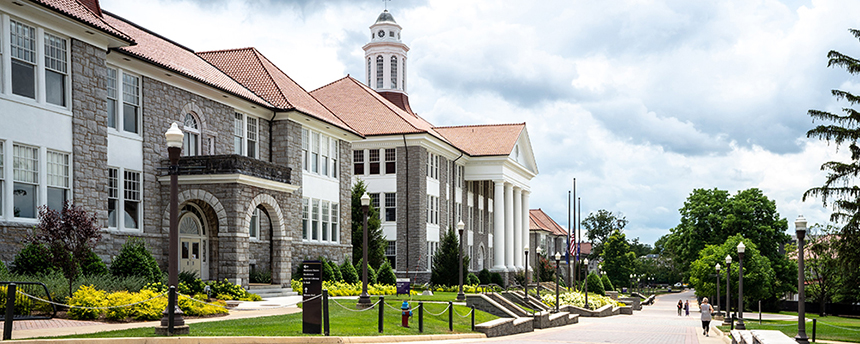
Read the Final White Paper (PDF)
The College of Health and Behavioral Studies at James Madison University has a long-standing commitment to preparing future professionals for collaborative, interprofessional and interdisciplinary practice in varied settings.
In 2001, Dean Benson commissioned the Interdisciplinary Learning Task Force to “design and pilot an integrated cross-disciplinary learning experience for health and human service students.” In the fall of 2003 the inaugural offering of the course, Ethical Decision-making in Healthcare: An Interprofessional Approach was launched. Over a 17-year history, the class has been completed by over 2,500 students. JMU also hosted a national conference titled, IPC 2003: Sharing the Vision and Building a Future for Interprofessional Collaboration.
In 2006, the Dean convened an Interdisciplinary Learning Committee to examine the strengths and challenges of implementing interdisciplinary learning in the college. During this time JMU faculty had an increasingly prominent role as presenters at international and national conferences and in publications. Guidelines for obtaining an interprofessional/interdisciplinary course designation (IPE) were published in 2008, enabling standardization of IP content.
The Interprofessional Education (IPE) Task Force, constituted by the Dean of CHBS in 2012, examined the state of IPE in the College. The faculty’s knowledge, experience, and opinions of IPE were assessed using a variety of methods and resulted in series of recommendations including to establish a visible institutional home for IPE with an organizational structure to support interprofessional education, practice and research.
The IPE and IDE Council was established by the Dean of the College of Health and Behavioral Studies in 2018. The council was formed to facilitate the understanding and implementation of interprofessional and interdisciplinary education, research, and practice, and considers ways to strengthen CHBS IDE/IPE offerings so that faculty and students can acquire and demonstrate mastery of interprofessional competencies.

